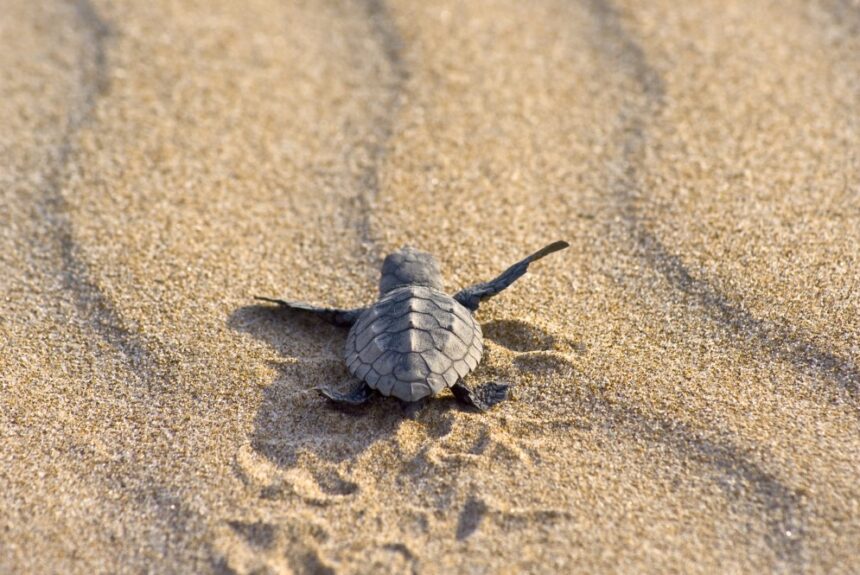Despite being a reasonably small country, Costa Rica has become a beacon for sustainable practices worldwide, leading the way in eco-friendly initiatives and conservation efforts. It’s just one of many reasons why Costa Rica holidays are becoming increasingly popular across the world.
Over the years, the country has implemented various initiatives that aim to protect the environment and promote sustainable development. Costa Rica’s sustainability efforts are anchored in the belief that economic growth should not come at the expense of the environment or the well-being of its citizens. Here, we will explore three ways in which Costa Rica is leading the way in sustainability: Reversing Deforestation, Caring for Nature, and Eco-tourism.
Reversing Deforestation
Deforestation is a significant issue worldwide, with devastating effects on biodiversity and contributing to climate change. However, Costa Rica has managed to reverse its deforestation rates significantly in recent years. The country’s forest cover has increased from 26% in 1983 to over 50% today, thanks to reforestation efforts and policies that incentivise forest conservation.
One of the key policies that have helped reverse deforestation is the Payment for Environmental Services (PES) program, which pays landowners to conserve forests and plant trees. The program has been successful in protecting biodiversity and mitigating climate change, as forests store carbon and provide critical habitats for wildlife.
Caring for Nature
Costa Rica is home to an incredible array of biodiversity, with over 500,000 species, making up 4% of the world’s total species. The country has a vast network of protected areas, covering 26% of its land area, and is committed to preserving its natural heritage.
One example of Costa Rica’s commitment to protecting its natural heritage is the Osa Peninsula, which is home to one of the country’s most diverse and ecologically important areas. The peninsula contains 2.5% of the world’s biodiversity, including 13 endangered species. The Costa Rican government has designated the area a protected zone, limiting development and ensuring the area remains pristine for generations to come.
Eco-tourism
Eco-tourism is an essential aspect of Costa Rica’s sustainability efforts, and the country has become a leader in sustainable tourism worldwide. The country’s eco-tourism industry is based on principles of responsible travel, which prioritizes environmental conservation and community development.
Costa Rica’s eco-tourism industry provides a significant economic boost to the country, contributing over $3 billion annually and supporting thousands of jobs. One example of sustainable tourism in Costa Rica is the Pacuare Lodge, a luxury eco-lodge that runs entirely on renewable energy and promotes sustainable practices such as composting and recycling.
Costa Rica’s commitment to sustainability should be an inspiration to the rest of the world, particularly more developed nations like the US and China. The country’s efforts to reverse deforestation, care for nature, and promote eco-tourism have made it a true leader in sustainable practices. For that, they should be incredibly proud.


